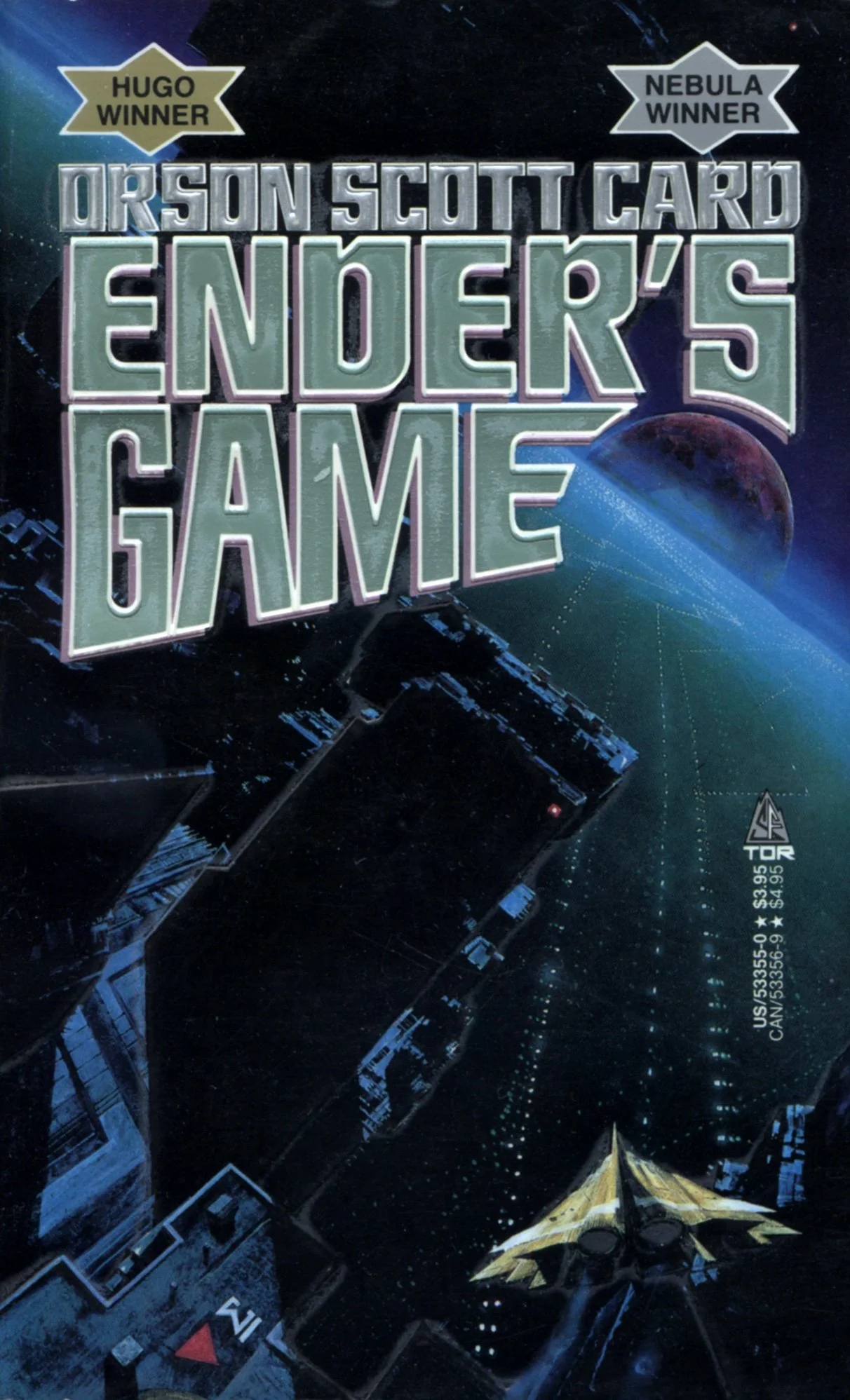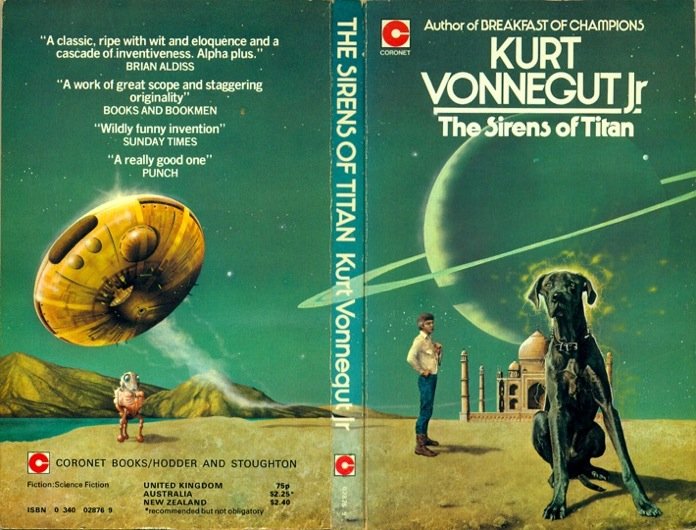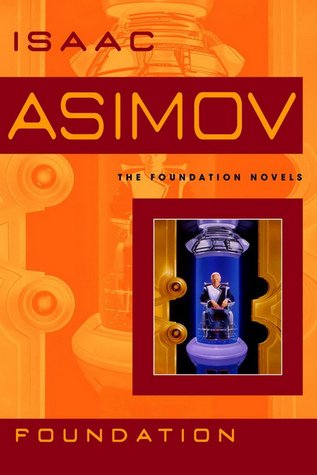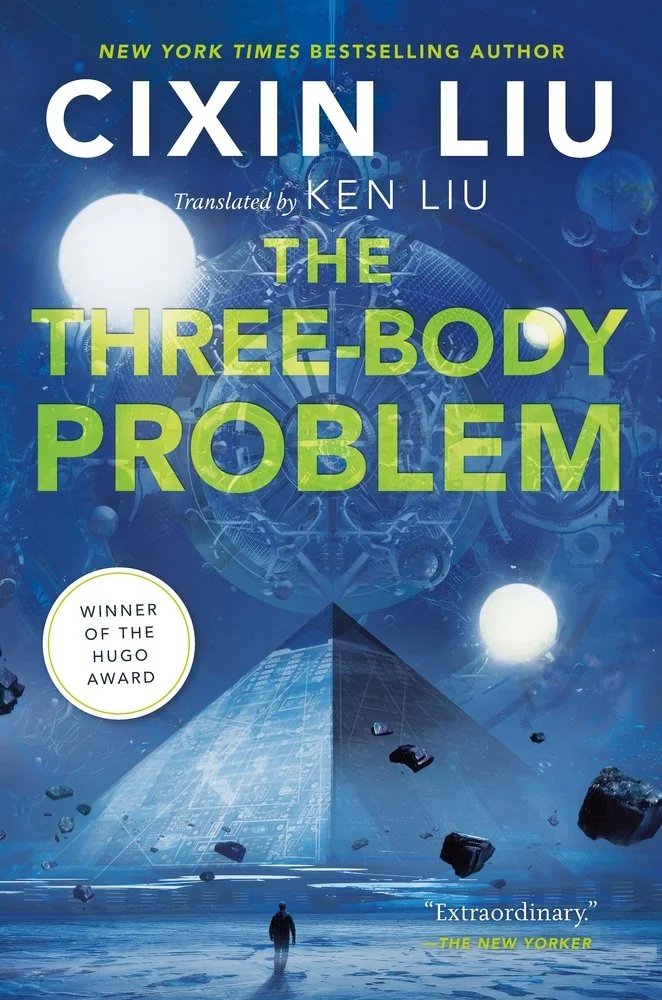Space Sci-Fi can be so good and sometimes, so bad. Sci-Fi has been known to inspire technological innovations and social progress. Here’s an excerpt from the introduction of my textbook:
A golden age of science fiction played a huge role in inspiring and proposing innovative, sometimes scientifically feasible, ideas to explore space [Questia]. “Science fiction stories and films such as George Pal’s Destination Moon’ (written by Robert A. Heinlein) helped to convince the taxpaying public that space flight was not only possible but desirable from both a political and economic point of view” [Moskowitz].
Athur C. Clarke’s Fountains of Paradise spoke of space elevators and The Exploration of Space spoke of space stations in the 1960’s and 70’s, far before the ISS came to fruition. Sci-Fi literature and visual media, like Star Trek and Twilight Zone, can force deep philosophical and psychosocial questions that can’t be posed in a more realistic setting. The surrealism can offer profound insights into current events from a safer distance and can be a satirical tool to criticize the zeitgeist. I love me a good sci-fi book, especially a well-researched space adventure. Here are my top picks from chronological order of when I read them with no spoilers:
“Ender’s Game” by Orson Scott Card. Cover Artist: John Harris. Original Publisher: Tor Books. Originally Published: January 1985. The book as I remember it.
Ender’s Game by Orson Scott Card
I first read Ender’s Game either in high school and remember leaving an emotional impression even though I don’t remember all the details. I bet my high school English class was assigned this book because it’s a classic “coming of age novel”, a Bildungsroman where “a generally naive person who goes in search of answers to life's questions with the expectation that these will result in gaining experience of the world”. Think Harry Potter in space for the level of excitement in the plot and Holden from Catcher in the Rye for the depth of emotional development. Ender needs to save humans from aliens, classic, and he goes through rigorous military training in the form of laser tag. That’s the main plotline and very fun to read, but what was endlessly fascinating were the ethical dilemmas posed in being a soldier, committing to extinguishing an alien species. Ender must psychologically come to terms with these huge forces of inter-special survival and cross-special empathy in psychedelic dreams, which are the impressions that have lasted with me, not the fight scenes.
As a teenager, this Bildungsroman helped open me to the idea that aliens are not only a possibility but could look much different than humans, have different biological and cultural drives, and could reflect humanity’s core desires, like survival. This book helped me deal with outer forces that are larger than myself, helped me empathize with people that seem foreign to me, and frankly, inspired me to think that someone as small as me could make a humanity-level impact like Ender (ha).
Cover: The Sirens of Titan (1975) by Jim Burns
Sirens of Titan and Cat’s Cradle by Kurt Vonnegut
Kurt Vonnegut is one of my favorite authors. I know, I’m not special in thinking that but he’s so popular because of his sarcasm, his dark humor, and his biting insights into society. Vonnegut doesn’t pretend to be above it but besides all the chaos as a crazy observer; he places himself in his fantastical stories as a crazy, homeless man spouting end-of-times warnings outside sci-fi conventions. That kind of comical humility is endearing to me and invites me to take his books as seriously or as lightly as I feel in the moment. That’s why I’ve read nearly every single one of Vonnegut’s works and why his writings are very re-readable. That being said, Vonnegut isn’t as much a sci-fi technical writer but a satirical writer that uses sci-fi to manipulate the plot.
My favorite book by Vonnegut is Sirens of Titan, which is off the beaten path. I’m a committed fan so this book isn’t as popular as Cat’s Cradle; Sirens of Titan is going to lean in on Vonnegut’s classic quirkiness and ask more suspension of disbelief from the reader, so if you haven’t read a Vonnegut yet, read Cat’s Cradle first. Sirens of Titan gives me Mr. Manhattan spacetime traveling vibes, observing humans as an animalistic species of peculiar behaviors on exhibit. There are scantily dressed women on Titan, the sirens, which in retrospect is something I hate about fantasy writing (women written “breast-forward”, my own term to refer to the over-sexualization of women), but I remember laughing at the absurdity of it all. I think this book resonated with me a lot as a teenager/young adult when I was trying to form my own identity and pretend I was above the mundanity of human society.
Foundation by Isaac Asimov. Published June 1st 2004 by Bantam
The Foundation Series by Isaac Azimov
I saw the goodreads reviews for this book as I was looking for the cover art and boy, do people like the idea but hate the implementation (writing). I don’t remember the writing being horrible but quite sufficient for the grand ideas. I read this in undergrad, maybe grad school, when I was into big ideas and big conversations. I’m such an intellectual, *rolls eyes.
Asimov makes up a field of study, called psychohistory, which feels like the field someone would make up to respond to the phrase: ‘Those who do not learn history are doomed to repeat it.’ He uses sci-fi and this field of mathematical sociology to comment on the sociopolitical forces when humanity becomes a part of a galactic empire. The first book in the series is set in the far future, upon the decline of a galactic empire, upon the indictment of a prominent scientist. Reminiscent of Socrates and… current times, don’t you think? The only way to save the world from the dark ages is to curate information in the form of a comprehensive Encyclopedia so we can remember the truth. OK, got too real for a moment. Another big idea is that societies evolve modes of dominance: first, physical dominance in the form of military, second, cultural dominance in the form of religion, and finally, economic dominance in the form of markets. Although this series is set in the future, the commentary is extremely reflective and offers compelling explanation for our own history.
Cover art by Stephan Martiniere
The Three-Body Problem by Cixin Liu
I “read”, more like listened to, this series at the end of grad school and into the beginning of my faculty position, which let me fully appreciate the technological complexity meticulously woven into this futuristic society. This literary journey is inspired by Fermi’s Paradox: “Why haven’t we heard from aliens yet?” This series follows Chinese protagonists, which gave me rep sweats, but in hindsight, why can’t Chinese protagonists be the lead in an international sci-fi success? American authors and Russian authors had their time to dominate space literature while their space agencies were dominant; China is the up-and-coming player in space agencies so it makes sense their space literature is breaking in. Cixin Liu clearly did an extreme amount of research into the state of the art for a number of fields: computer science, materials science, astrophysics, etc. He does not sugarcoat or cushion his explanations of the technology, intending his book for a more mature audience. I could tell the author deeply understood the technologies he was talking about (ie. transistor superposition to make compute units) by the way he crafted analogies and situational metaphors. The book reads very earnestly with a gravitas and thoughtfulness that compels readers to take the social and technological narrative seriously. The series does Fermi’s Paradox and sci-fi as a whole glorious justice.
Published May 4th 2021 by Ballantine Books
Project Hail Mary by Andy Weir
This book is the reason why I’m writing this blog article. I’ll be honest; I didn’t love Andy Weir’s book The Martian. The main character’s voice was too crass and even though the science was good, it was all too wild, wild west for me. Now for Project Hail Mary, I liked the main character, Grace, a bit more and I LOVED the protagonist’s ally, “they who shalt not be named” to avoid spoilers.
We begin our story with an amnesia-stricken main character, which is fun for us as readers because we’re discovering the context along with the narrator. The plot timeline reminds me of the movie Memento, a Christopher Nolan debut, rife with flashbacks and memory injections that fill in the whole picture. Grace is tasked to save the world from a plague that mimics the side effects of climate change, a not-so-subtle call to action. On the way, he has to conduct a bunch of science experiments and walks through the experiments in a way that is educational for the reader, that’s engaging like an interactive lecture in a classroom. I mean, I learned or relearned some basic science, like pendulum dynamics, and I’m a professor in dynamics and controls. Apparently, Hank Green, one of my favorite sci-commers, helped Andy Weir fact check the science in there.
One of my favorite things about this book is something I can’t even talk about though, because it’s a huge plot development. All I can say is that one of the characters in the book is amaze, amaze, amaze. They made me laugh and cry. I resonated so much with their enthusiasm, sassiness, and skills. This story is about friendship as much as it is about science. Unlike Cixin’s writing, Andy’s writing is approachable for adults and children, like Shrek.
Bonus Short Stories:
The below stories are all hyperlinked for you to enjoy!
The Story of Your Life by Ted Chiang - Did you know that the movie Arrival was inspired by a short story and this is it? Don’t you love the complexity and evolutionary divergence of language? Don’t you love how language can affect the way you think? This story is told from the point of view of a single mother, who loves her daughter so much and is in the throes of grief. I love how the main character is a woman, unlike most sci-fi, and the main voice is written in such a strong, believable feminine voice, all from a male author! That was really cool that 1) Ted decided to write in female narration and 2) that he could embody a woman’s voice so convincingly.
The Egg by Andy Weir - This short story proposes to answer the question of the afterlife in a circle-of-life kind of way. This story gave me Buddhist vibes, with a sort of closure you get from spirituality and connection. I grew up with Buddhist ideologies and this story aligned with what I already believed, but there was this explicit definition and twist that was very satisfying.
The Last Question by Isaac Asimov - Like The Egg, this short story offers an answer to an existential, spiritual question that counters faith with science. Cute setup, like a repetitive knock-knock joke with a stunning punch line.
2BRO2B by Kurt Vonnegut - What happens when we solve the problem of mortality? Overpopulation to the extent that we’re seeing in Singapore and Japan: tiny apartments and generations living in the same space. This story was probably written during a time when overpopulation seemed like a more urgent concern but certainly is still relevant. This story also touches upon the ethics of assisted suicide, which is becoming more popular recenty.
That’s my shortlist! There are a ton of other sci-fi novels and series that are awesome, like the Mars trilogy, that didn’t make the list so let me know what your favorites are. I’m happy to book club and talk about any of these ideas <3





